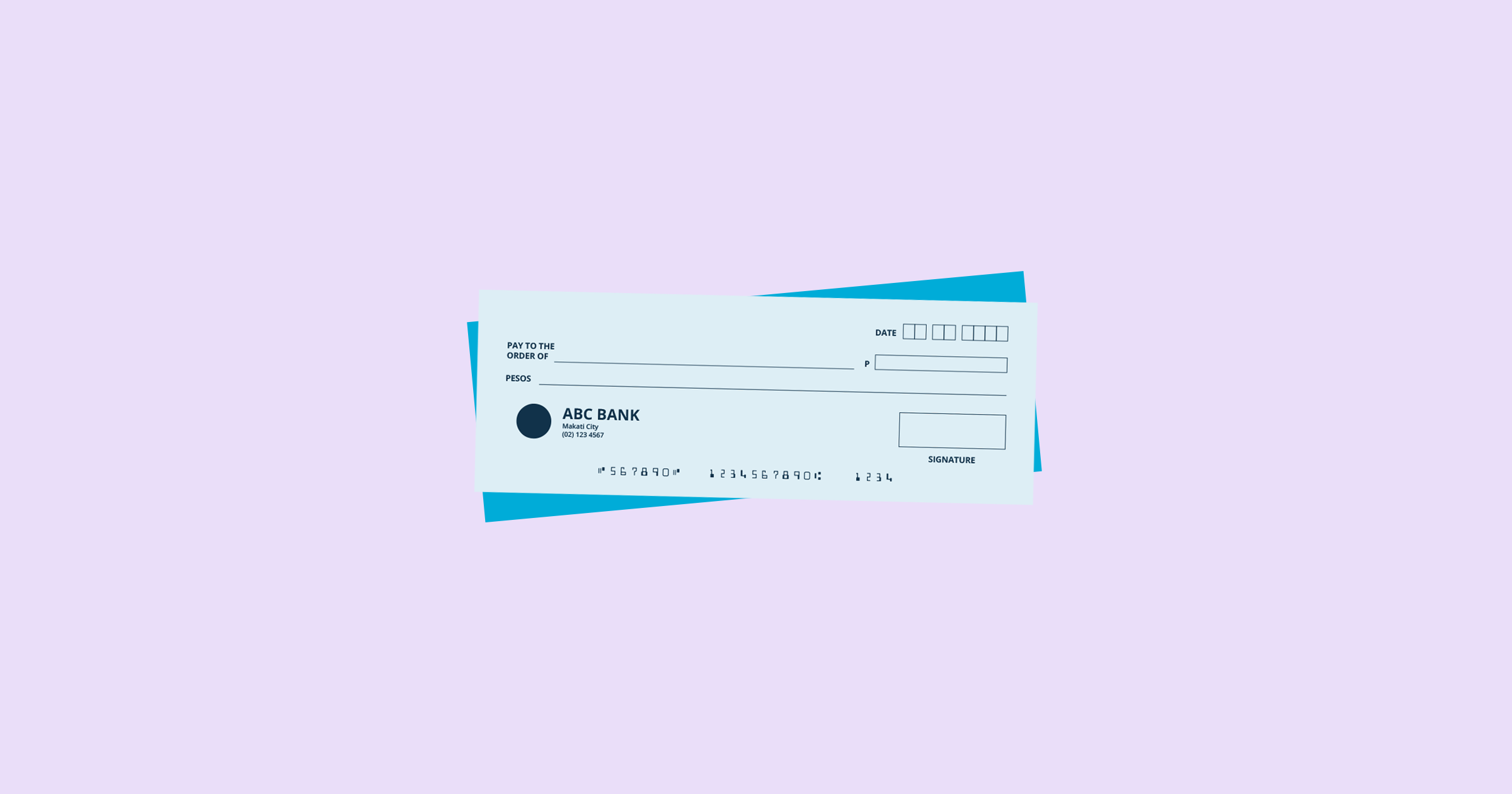Loans can offer relief during tough times, but they can worsen your financial situation if managed poorly. This is why it’s important to understand what the loan process entails before you borrow money.
Read on to learn what you might expect as a prospective borrower.
What is a loan?
A loan is a transaction in which one party, the lender, provides money or resources to another party, known as the borrower.
The borrower must repay the loan over a specified period, along with any interest or other fees.
Loans have different purposes. They are often used for major expenses, like buying a house, starting a business, or paying for education.
The basics of a loan agreement
A borrower and lender must agree on terms for a loan to push through. Before signing any agreement, learn about its basic components:
- Principal amount - This is the original sum you’ll borrow from a lender. Keep in mind that you will probably end up paying more than the principal amount due to interest payments and other fees.
- Interest rate - This is the cost of borrowing money. Often an annual percentage, the interest rate determines how much the debt will grow.
- Loan term - The term is the length of time you’ll have to pay back what you owe.
- Payments - The amount you’ll pay is based on the principal, term, and interest. Borrowers usually pay in increments – often monthly – depending on the schedule and terms they accepted.
- Additional fees - On top of interest, lenders may impose other fees such as service and late payment fees.
- Debt - Debt refers to an amount of money or resources that one party, the debtor, owes to another party, the creditor/lender.
If you’re applying for a secured loan, you’ll need to put up a collateral. This collateral is an asset, something of value like a house or a car, which the lender can seize if you fail to pay off the debt.
There are also unsecured loans, such as credit cards and personal loans, that do not require a collateral.
What a loan means for borrowers
The loan process requires borrowers and lenders to establish trust. As a borrower, you’ll look for a credible lender that offers fair terms and a reasonable interest rate.
A lending company must be authorized by the Securities and Exchange Commission (SEC) so you’re sure it’s legitimate.
In turn, you need to prove that you’re good for the money and can pay on time. You’ll have to submit documents that show your creditworthiness, such as proof of income and tax returns.
If you are responsible with payments, you may qualify for loans with lower interest rates and higher maximum amounts in the future.
On the flipside, falling short of your obligations can seriously hurt your financial standing. You may find it difficult to get approved for another loan, or worse, lose valuable property that you used as collateral.
To prevent this, you need to consider your financial situation with care before taking out a loan.
What a loan means for lenders
Lenders issue loans to earn money through interest and fees. This means that they need a guarantee that their borrowers can pay them back.
For assurance, major lenders like banks often look at a borrower’s credit score. This is a number that indicates your capacity to pay debt based on your history of repaying loans.
The Credit Information Corporation (CIC) provides credit reports and credit scores, which range from 300 to 850. The higher the score, the better.
Lenders generally favor those with a high credit score since it shows proof of trustworthiness. An individual’s income and financial stability are other factors lenders may consider.
Try to look at your finances from a lender’s perspective to see if you’re ready to apply for a loan.

1.png)


